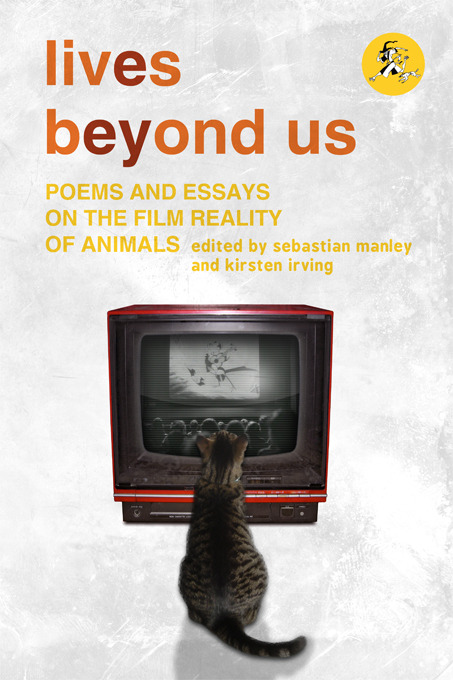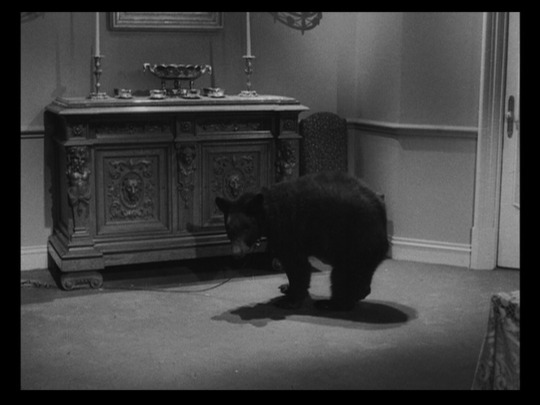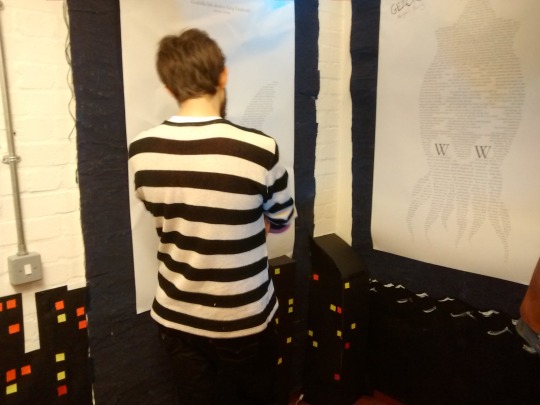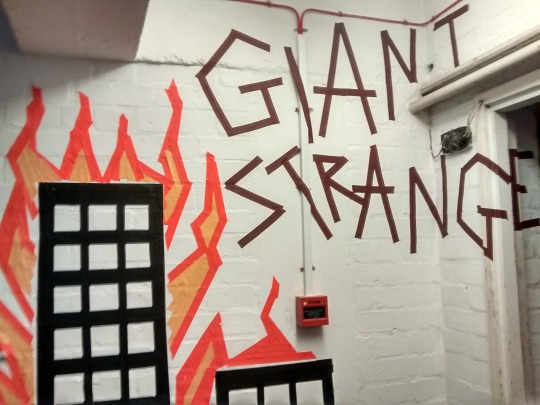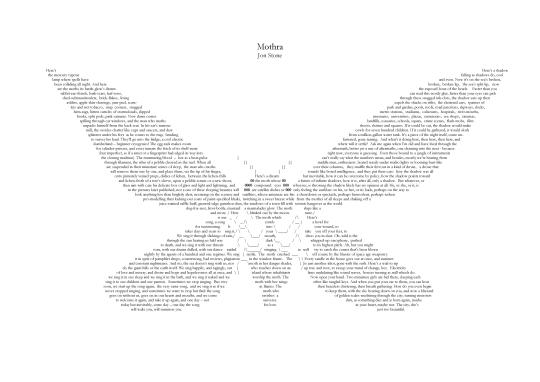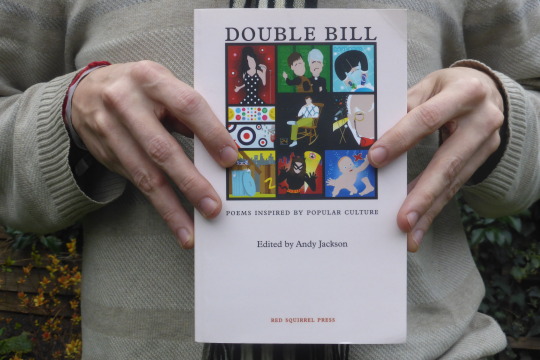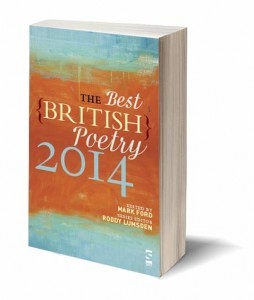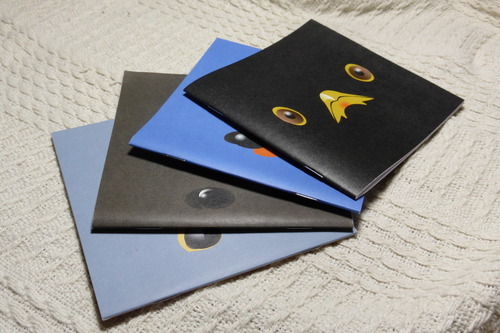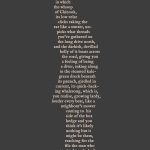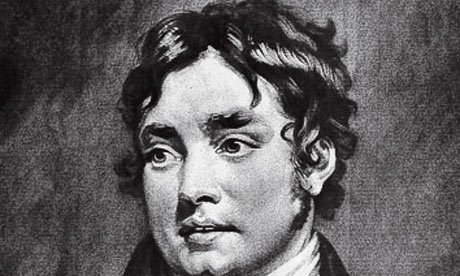
I find it incredibly, incredibly difficult to write knowingly political poems. I’ve been trying for years. The reason it’s difficult, putting it simply, is that my approach to poetry is to feel my way forward, whereas my approach to politics is to reason my way forward, and it all gets a bit oil and water.
The poem of mine published in The Emma Press’ Campaign for Poetry was accidentally political. I mean, it was a deliberate allegory that happened to work for politicians just as well as anything else.
Now I’ve managed to find my way into New Boots & Pantisocracies, the blog set up by W.N. Herbert and Andy Jackson to document 100 poets’ reactions to the 2015 UK election over 100 days. My contribution is number Two Fat Ladies, 88, and goes by the title of ‘from The Shapeswitching Suitboys: Incentivampire’.
Yeah, it’s a rhyming children’s poem. I envisage it as being part of a set – the Shapeswitching Suitboys are contemporary folkloric monsters based on modes of political thinking that are particularly ugly. Incentivampire isn’t Ian Duncan Smith exactly; he’s more the collective spirit of every political soundbite that talks about individual aspiration and hard work as if it’s the answer to systemic cruelty and inequality. Like the rest of the Suitboys (who I haven’t fully devised yet), his defining feature is that in he can appear in the guise of a benefactor.
I wrote it as a childrens’ poem because at the back of my mind I had the notion that you have to find ways to warn children about sinister ideologies, and encapsulating them in cartoon characters is one way to do that. I suppose the accompanying danger is that you caricature someone’s view unfairly, but you can avoid that if you make it clear your cartoon character doesn’t represent any person so much as he or she represents a disastrous way of thinking.
